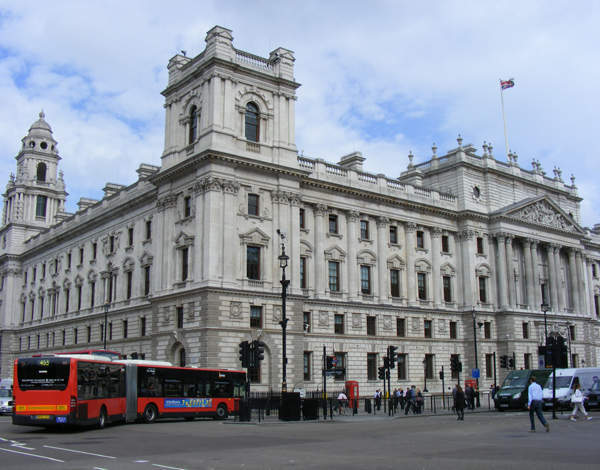

CHASING CHEATERS
‘Because cheating the public revenue is a common law offence, the court has unlimited sentencing powers up to life imprisonment’
I suppose we would all imagine that, if a specific activity were to be treated as a crime, it would be found in a statute passed by Parliament. In the case of the offence of ‘cheating’, that is not so. This category of crime has been called a ‘common law offence’ and appears to have grown up in the 17th and 18th centuries, but there is no judicial definition of the offence.
However, in Stephen’s Criminal Digest a description appears which seems to be treated by commentators as authoritative: ‘Everyone commits a misdemeanour called cheating who fraudulently obtains the property of another by any deceitful practice not amounting to a felony, which practice is of such a nature that it directly affects, or may directly affect, the public at large, but it is not cheating, within the meaning of this article, to deceive any person in any contract or private dealing by lies, unaccompanied by such practices as aforesaid.’
Read more on the HMRC from Spear’s
So you can see that the basis of the offence was fraudulently to obtain the property of another, but with the necessary addition of a ‘public’ element. With one important exception, the common law offence of cheating was abolished by Section 32 of the Theft Act 1968. Most of the offences that could be caught by ‘cheating’ are now replaced by this Act, which created the offence of obtaining property by deception.
The exception, however, is the specific offence of cheating the public revenue. That was specifically retained and, in a case of R v Less, was defined as follows: ‘The common law offence of cheating the public revenue does not necessarily require a false representation either by words or conduct. Cheating can include any form of fraudulent conduct which results in diverting money from the Revenue and in depriving the Revenue of the money to which it is entitled. It has, of course, to be fraudulent conduct. That is to say, deliberate conduct by the Defendant to prejudice, or to take the risk of prejudicing, the Revenue’s right to the tax in question, knowing that he has no right to do so.’
Bar bills
That fraudulent conduct need not be a dishonest act. An omission to do something can equally produce the result that the tax authority is prejudiced in recovering tax due. A recent case involving a barrister who had charged VAT on his bills but did not put in a VAT return for an extended period ended up with him being convicted of this offence.
Read more on the law from Spear’s
On the other hand, you might wonder if failure to make a return for tax purposes for any tax is not already a specific offence, and you would be right. It is, but there are specific maximum sentences for that. Because cheating the public revenue is a common law offence, the court has unlimited sentencing powers up to life imprisonment.
Until about ten years ago, Customs had never used the offence. There was then a public consultation about the overall powers the new HMRC should have, and that review is ongoing as HMRC continues to build its stock of weaponry against recalcitrant taxpayers.
HMRC fought a rearguard action to retain the common-law crime even though they have achieved legislation for a wide range of specific offences. This is despite the fact that, in 2005, the great lawyer of the early years of this millennium, Lord Bingham, had expressed the view that, ‘unless there is very good reason for doing otherwise’, Parliament’s specific penalties for specific offences should be imposed in preference to the vaguer common law offence. However, it was not for him, as judge, to try and abolish the common law crime — that was for Parliament.
exceptional cases
Can we learn anything about when this very broad offence of cheating the public revenue will be used? Certainly, it is retained as a catch-all for circumstances where there may not be a specific statutory offence. However, the cases where it has been used suggest that it is reserved for those cases with a high-profile scam, or a high-profile defendant, where there is an element of making an example, either of the activity or the category of person.
One example was in the case of VAT carousel fraud where HMRC maintained that it had suffered a VAT loss of £107 million. In that case, the maximum sentence for theft would have been ten years’ imprisonment, but if it were prosecuted as a case of ‘false accounting’ there would be a maximum sentence of seven years. However, the defendant was sentenced to seventeen years following a conviction of conspiracy to cheat the public revenue. He was the ringleader and the case recognised the enormous loss.
There is one oddity: the common law crime only applies in England and Wales and so is not available to the Crown in Scotland!
Martyn gowar is a partner at McDermott Will & Emery UK






